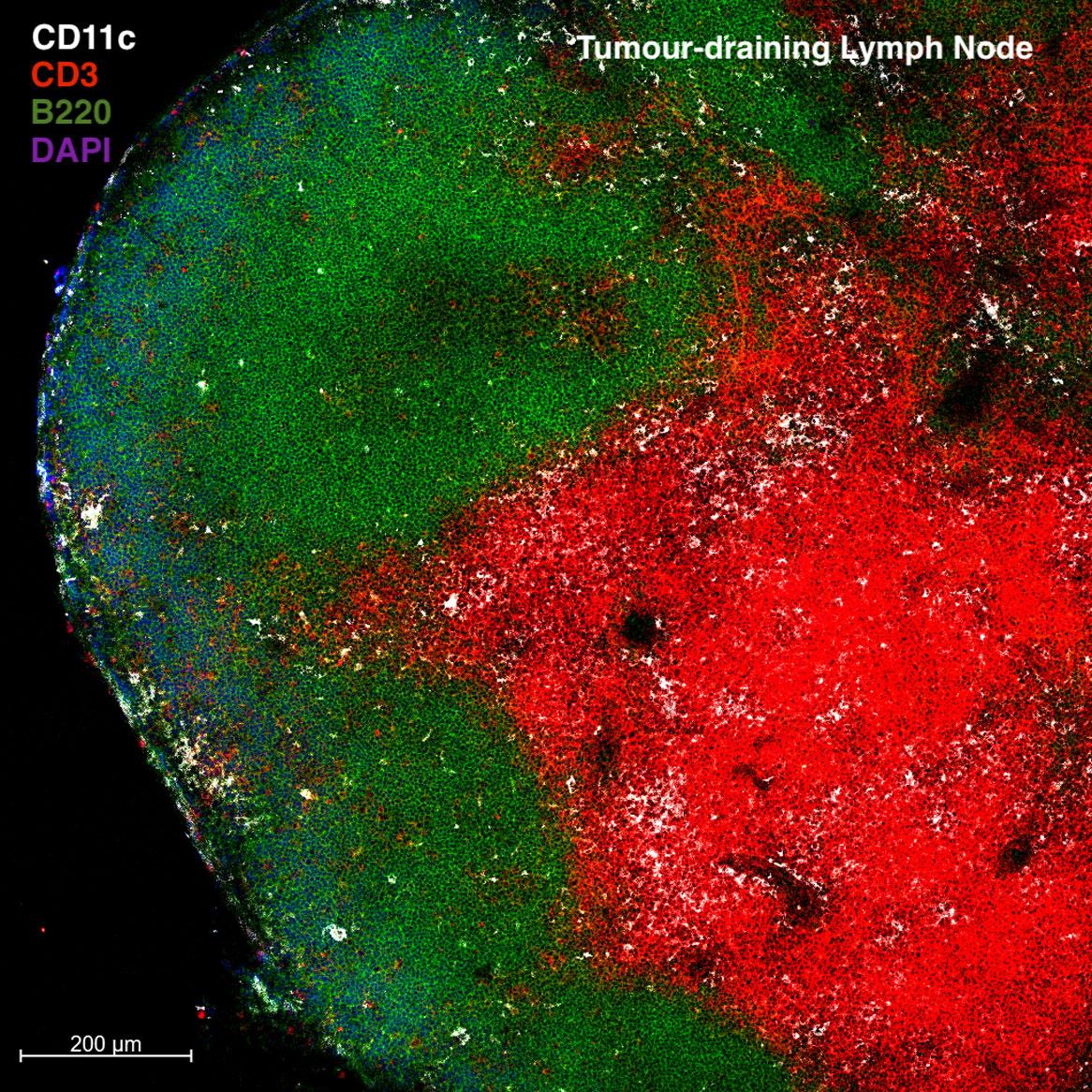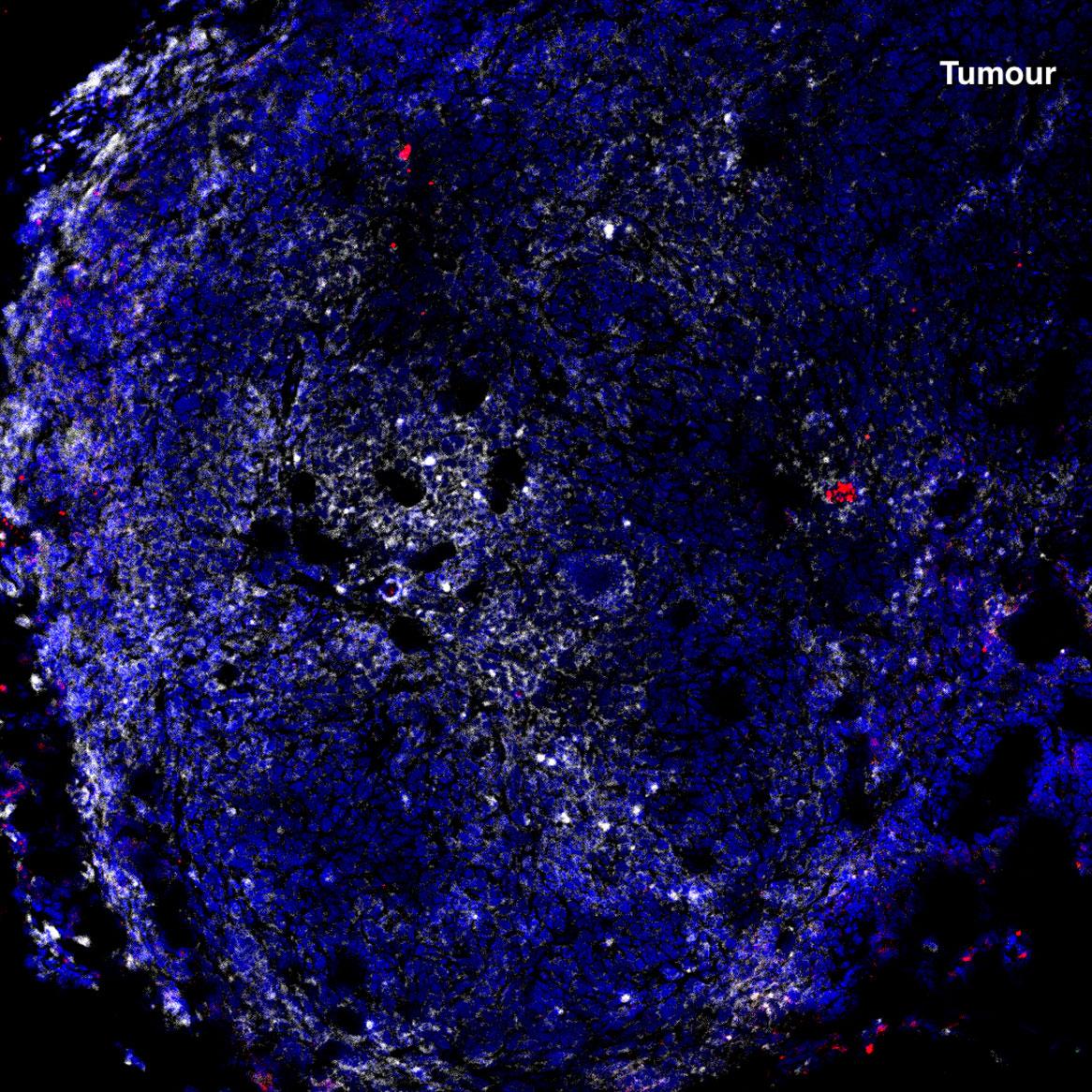Discovery of new genes that promote T cell activity against cancer

The Chemokine Biology Lab has honours projects available with the aim to identify novel genes involved in T cell trafficking to solid tumours.
T cells have the capacity to eliminate tumour cells, but this often fails in solid tumours as T cell trafficking into the tumour is limited. In this project, we will utilise genome-wide transcriptional activation libraries to identify novel genes that can enhance T cell recruitment into solid tumours.
This will involve transducing activated T cells with viral vectors encoding a genome-wide transcriptional activation library and then performing in vitro chemotaxis assays towards tumours or in vivo transfer into tumour bearing mice.

T cells that migrate to tumours will then be harvested and subject to Next Generation Sequencing to identify the upregulated genes that are present in T cells that invade the tumour. These genes will then be selected for independent validation and tested for their ability to enhance CAR T cell recruitment to solid tumours.
The project will involve T cell culture, mouse models of solid human cancers, molecular biology, Next Generation Sequencing, bioinformatics, flow cytometry and in vivo imaging microscopy.
Reference:
- Whyte, CE et al., ACKR4 restrains antitumor immunity by regulating CCL21. Journal of Experimental Medicine
Supervisors
Co-supervisor: Professor Shaun McColl
Research area: Chemokine Biology Lab, School of Biological Sciences
Recommended honours enrolment: Honours in Molecular and Biomedical Science

